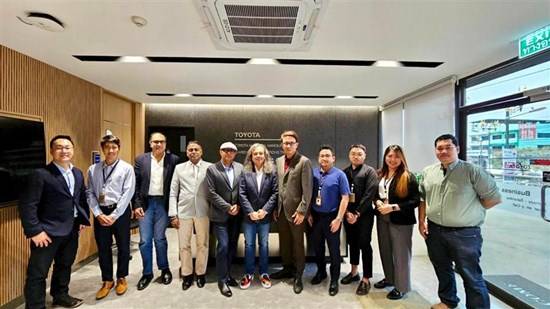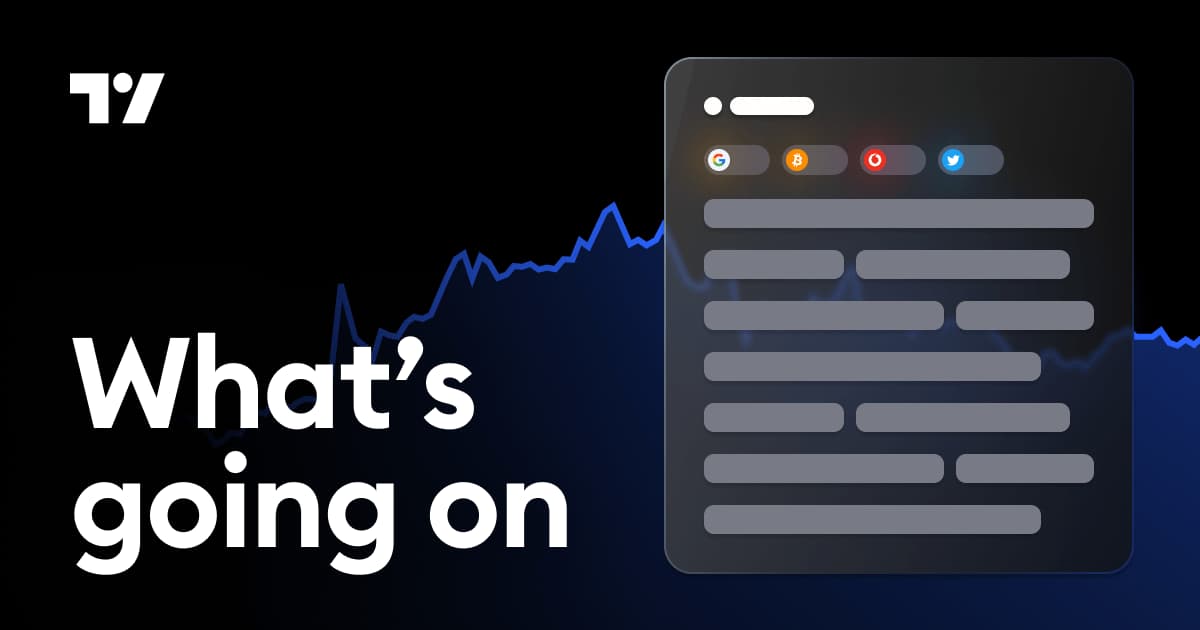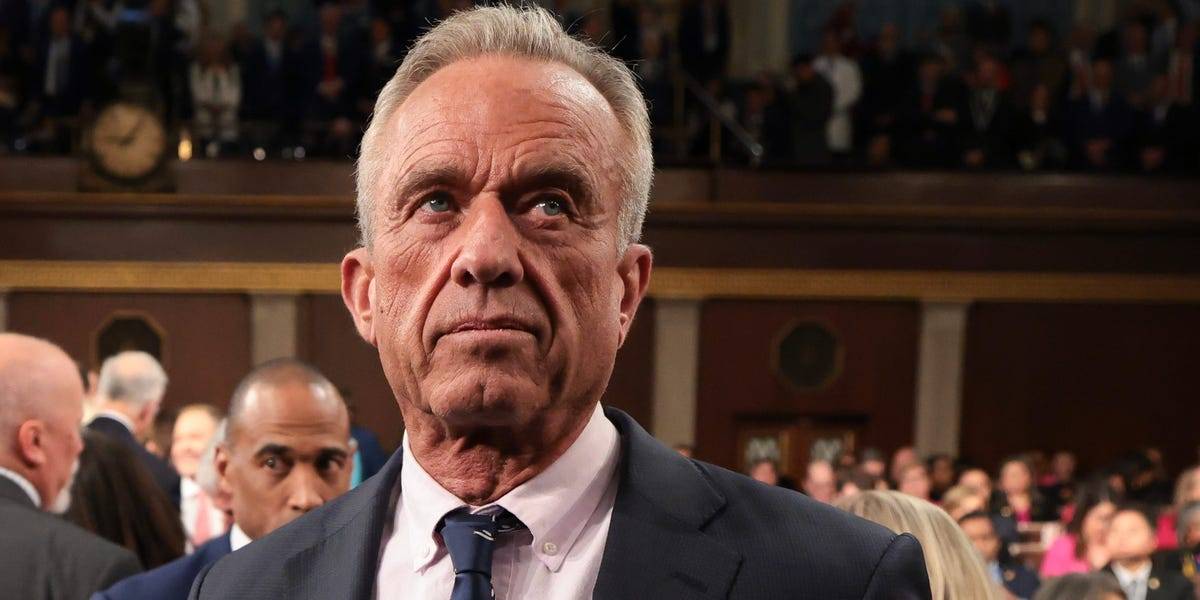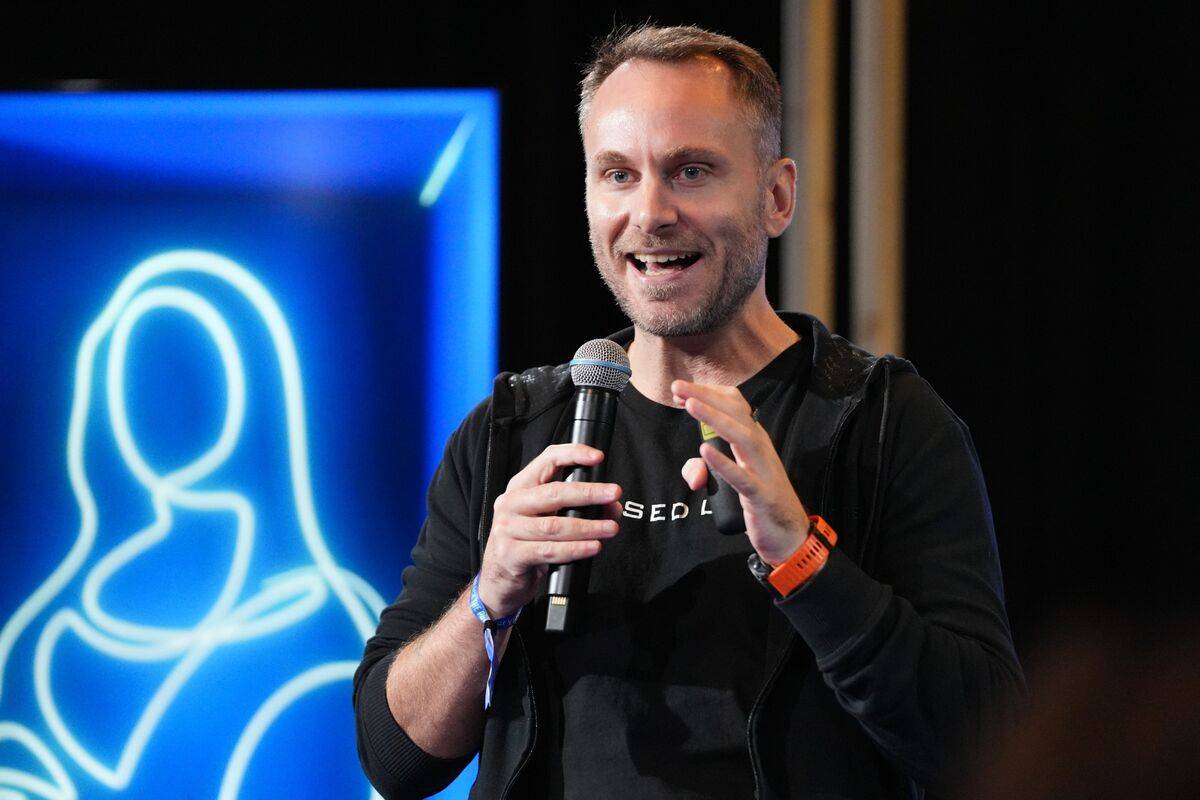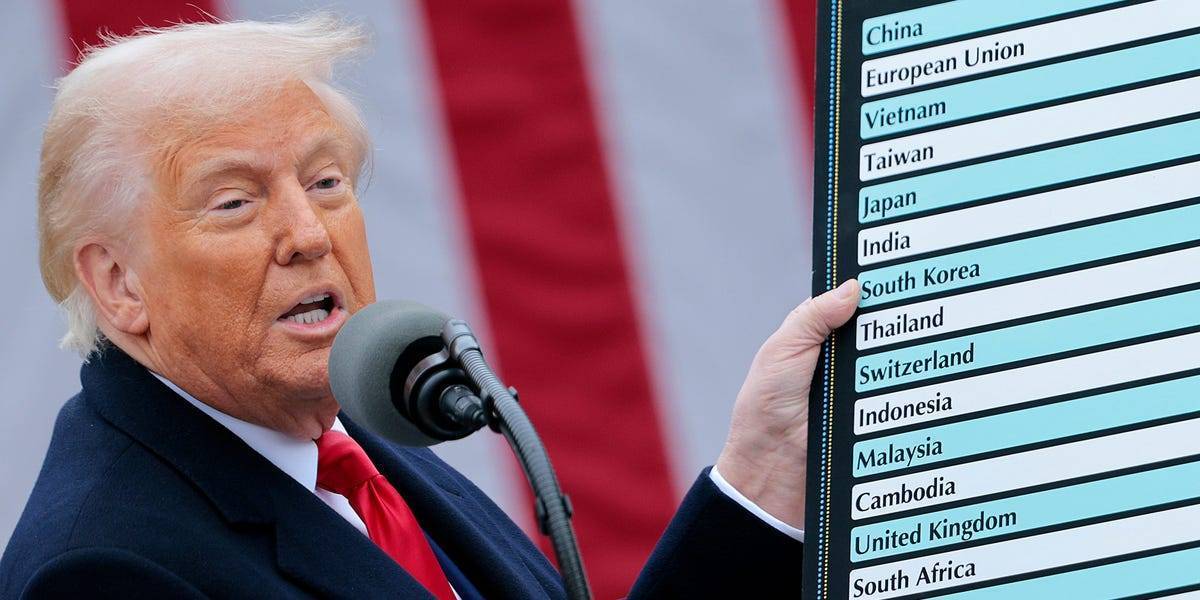AI in Healthcare
Take healthcare, for example. AI systems can now spot diseases in medical images faster than human doctors in some cases. This means earlier treatment and better chances of recovery for patients.
AI in Agriculture
In farming communities, AI helps predict weather patterns and crop diseases. This gives farmers crucial information to protect their harvests and feed more people. The technology works by analyzing huge amounts of data that would overwhelm any human mind.
AI for the Environment
Companies are finding creative ways to use AI for good too. Microsoft’s AI for Earth program gives grants to projects that protect our planet. One project uses AI to track endangered animals from satellite images, helping conservation efforts.
AI in Business
The business world is changing because of AI. Companies can now understand customer needs better and create products people actually want. This cuts down on waste and helps businesses stay relevant in changing markets.
AI in Education
AI is also making education more personal. Students who once struggled with one-size-fits-all teaching can now learn at their own pace. AI tutoring systems adapt to how each student learns best.
“We’re entering an era where technology can truly understand human needs,” says Dr. Maria Chen, an AI ethics researcher. “The key is making sure these tools serve everyone, not just the privileged few.”
Challenges of AI
But challenges remain. Many communities lack the digital infrastructure to benefit from AI advances. The technology gap between rich and poor countries could grow wider unless we take action.
Companies leading in AI development face tough questions about privacy and data use. Who owns the information that makes AI systems smart? How do we protect personal information while still creating helpful tools?
The education system needs updating too. Tomorrow’s workers need skills that complement AI rather than compete with it. Critical thinking, creativity, and emotional intelligence will become even more valuable.
Governments worldwide are creating rules for AI use, but these vary widely. Some focus on innovation while others prioritize safety and privacy. Finding the right balance remains difficult.
The Future Depends on Us
For AI to truly benefit society, diverse voices must shape its development. When teams creating AI include people from different backgrounds, the resulting tools work better for everyone.
The future of AI depends on choices we make today. Will we use these powerful tools to tackle climate change, reduce poverty, and improve healthcare? Or will benefits flow mainly to those already wealthy and powerful?
As consumers, we can help shape this future by supporting companies that use AI responsibly. As citizens, we can demand policies that spread AI benefits widely.
The next chapter of the AI story is still being written. By focusing on community needs, responsible business practices, and inclusive development, we can ensure it’s a story of progress for all.


